What Is The Best Way To Scrape FMCG Data From Quick Commerce Apps In The UK?
July 01

Introduction
In today’s data-centric retail environment, fast-moving consumer goods (FMCG) businesses must move beyond traditional methods to stay relevant. The rapid growth of platforms like Blinkit, Zepto, and Instamart has redefined how UK consumers shop for groceries and essentials. These quick commerce channels provide live insights into pricing, stock levels, discounts, and promotional trends. For FMCG brands, distributors, pricing analysts, and eCommerce strategists, this makes Quick Commerce Data Scraping Services an essential tool to extract actionable intelligence and drive competitive decision-making.
Companies must use techniques to Scrape FMCG Data From Quick Commerce apps effectively and legally to thrive in this rapidly evolving ecosystem. But what’s the best way to do it? This blog explores the most reliable techniques, tools, and strategies to extract clean, structured, and functional FMCG data from quick commerce platforms.
Why Scraping Quick Commerce Apps is Crucial for FMCG Businesses?
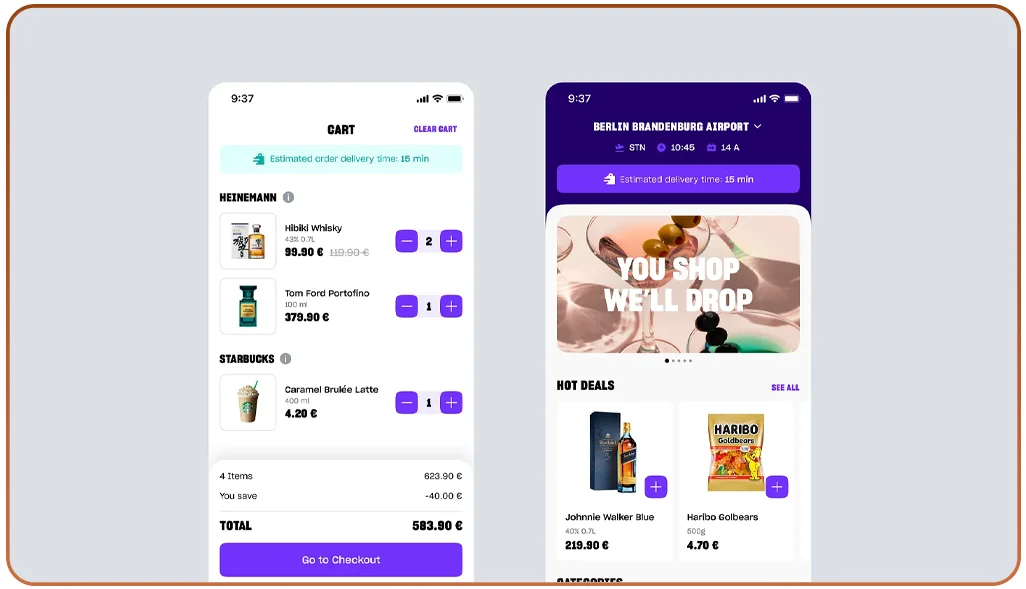
With more UK consumers leaning toward convenience and instant delivery, quick commerce platforms have become essential sources for real-time retail insights. For FMCG players, these platforms provide data points that help with:
- Monitoring competitors’ pricing and promotions
- Tracking product assortment and inventory
- Understanding consumer preferences
- Reacting to market trends instantly
By leveraging Quick Commerce Data Extraction, FMCG brands can adapt faster, price smarter, and offer a better assortment, boosting sales and customer satisfaction.
What Kind of Data Can You Extract from Quick Commerce Apps?
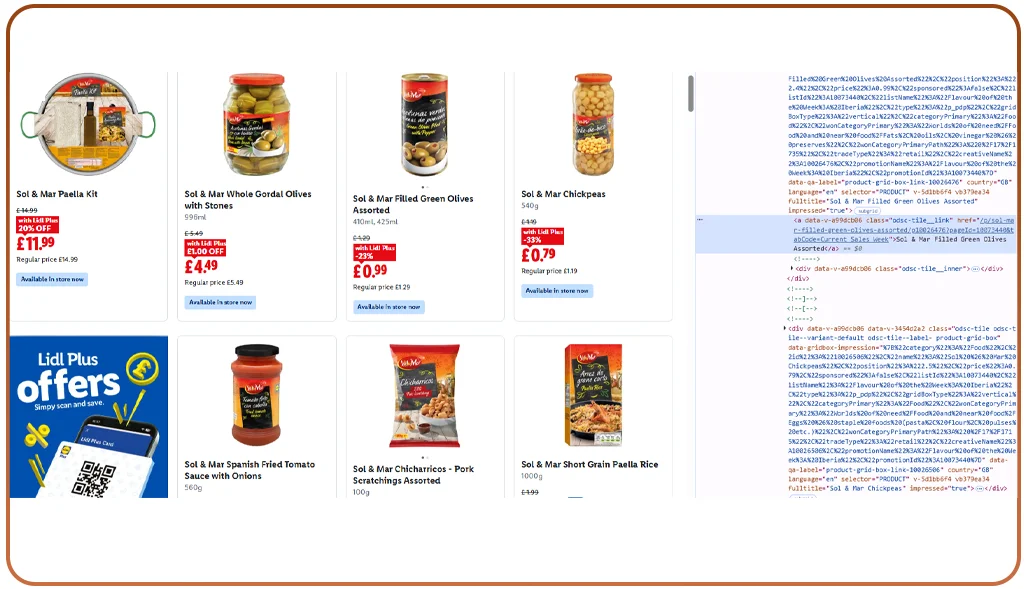
When you utilize tools to Scrape FMCG Data From UK Apps, you gain access to a wide array of valuable information:
- Product titles, SKUs, categories, and brands
- Dynamic pricing and discount rates
- Stock availability and delivery slots
- Customer reviews and star ratings
- Nutritional information and packaging sizes
This comprehensive FMCG Product Data Extraction helps brands fully understand the competitive landscape, enabling more intelligent business decisions based on real-time insights.
Techniques to Extract Quick Commerce FMCG Data Effectively
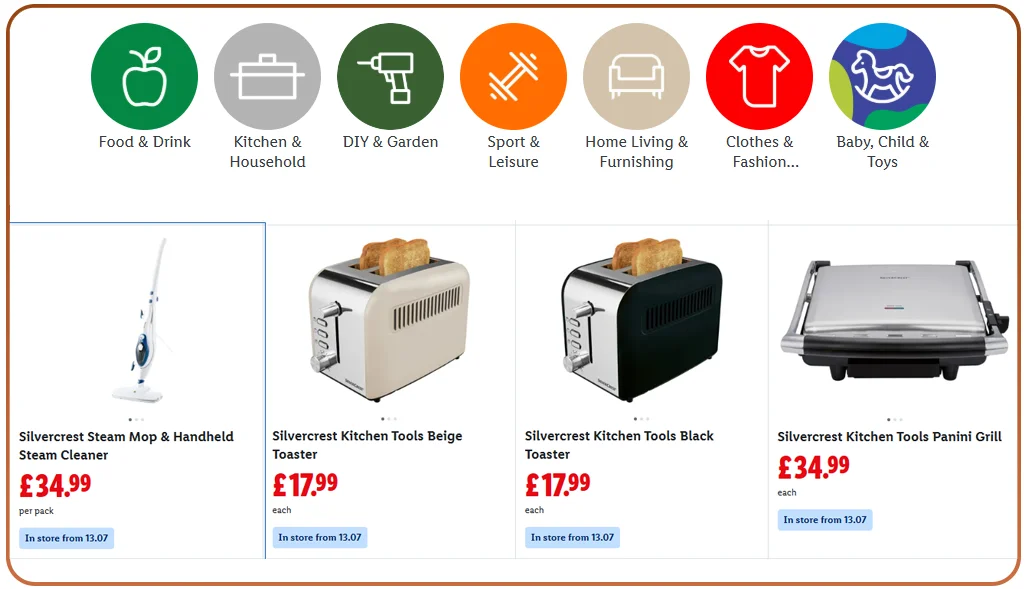
Let’s break down the top strategies you can use to Extract Quick Commerce FMCG Data from apps like Blinkit, Zepto, and Instamart operating or expanding in the UK market:
1. Web Scraping with Custom Bots
This is the most popular approach. Custom web scraping bots simulate user behavior and fetch HTML content from quick commerce web platforms or mobile-optimized site versions.
From there, data is parsed using tools like:
- BeautifulSoup
- Selenium
- Puppeteer
- Playwright
While it gives precise control over what to collect, it requires maintenance due to frequent front-end changes.
2. Mobile App Scraping
Some quick commerce services prioritize mobile platforms. Here, analysts Scrape Retail Product Data In UK markets by reverse-engineering app endpoints or using Android emulators like Bluestacks, paired with traffic analyzers like Charles Proxy or mitmproxy.
This method works well for extracting data hidden in app-only environments but requires advanced technical knowledge and device simulation.
3. Leveraging Quick Commerce APIs
Many platforms use internal APIs to load product data dynamically. With the right tools and headers, these APIs can be accessed for real-time data pull.
This approach forms the backbone of Quick Commerce API Data Scraping Tracks Blinkit, Zepto & Instamart, enabling businesses to scale data collection operations with accuracy and minimal disruption.
Ensuring Compliance and Ethics
Data scraping must always be conducted within legal and ethical boundaries. Businesses looking to Scrape FMCG Data From Quick Commerce must:
- Respect robots.txt directives
- Avoid rate-limiting violations
- Comply with data protection regulations like GDPR
- Refrain from collecting personally identifiable information (PII)
Working with a trusted data partner ensures ethical scraping practices are always in place.
Key Challenges in Scraping Quick Commerce Platforms
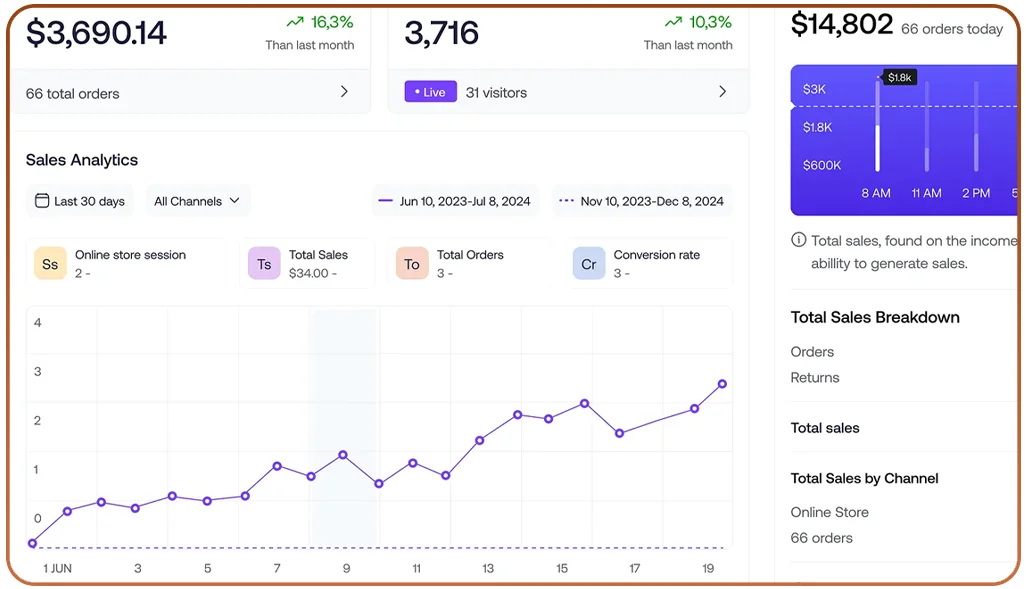
Despite the advantages, scraping data from quick commerce apps comes with some hurdles:
- Anti-Bot Measures: Advanced CAPTCHAs, dynamic page loads, and JavaScript obfuscation can block or confuse bots.
- Frequent Page Structure Changes: Retailers update UI/UX often, breaking existing scrapers.
- Geo-restrictions: Some data may only be visible in specific UK regions.
- Limited Public APIs: Most quick commerce platforms don’t provide official APIs for third-party usage.
Overcoming these issues requires both technical expertise and a well-managed scraping infrastructure.
Real-World Use Case
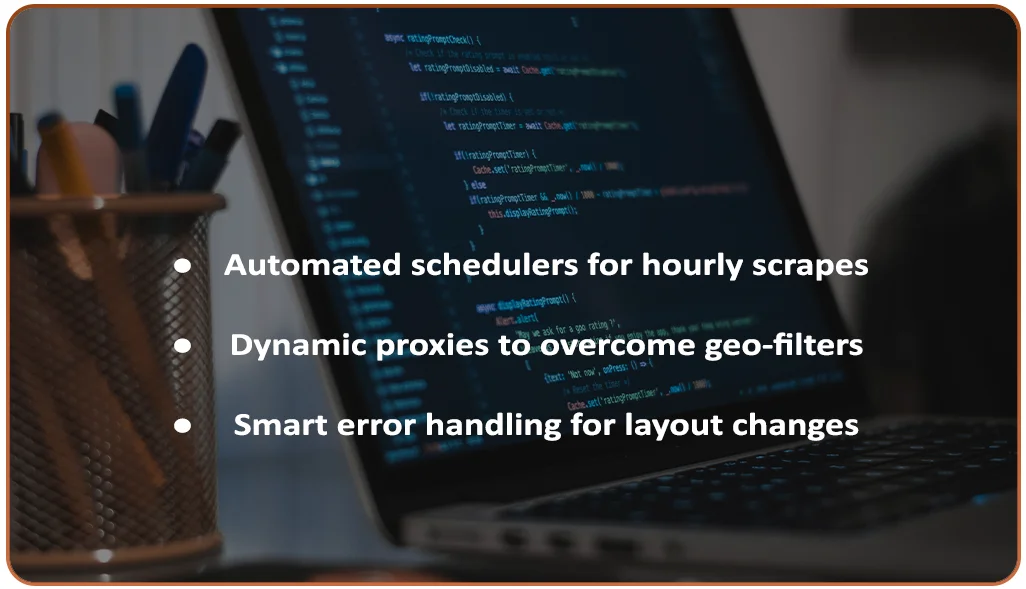
An FMCG client approached us with a need to track 10,000+ SKUs across five different UK-based quick commerce platforms. Their goal was to analyze competitor pricing and stock availability daily.
We set up:
- Automated schedulers for hourly scrapes
- Dynamic proxies to overcome geo-filters
- Smart error handling for layout changes
Within two weeks, the client received daily updates with 98.7% accuracy, which helped them optimize promotions and adjust their pricing instantly.
Future of FMCG Data Collection from Quick Commerce Apps
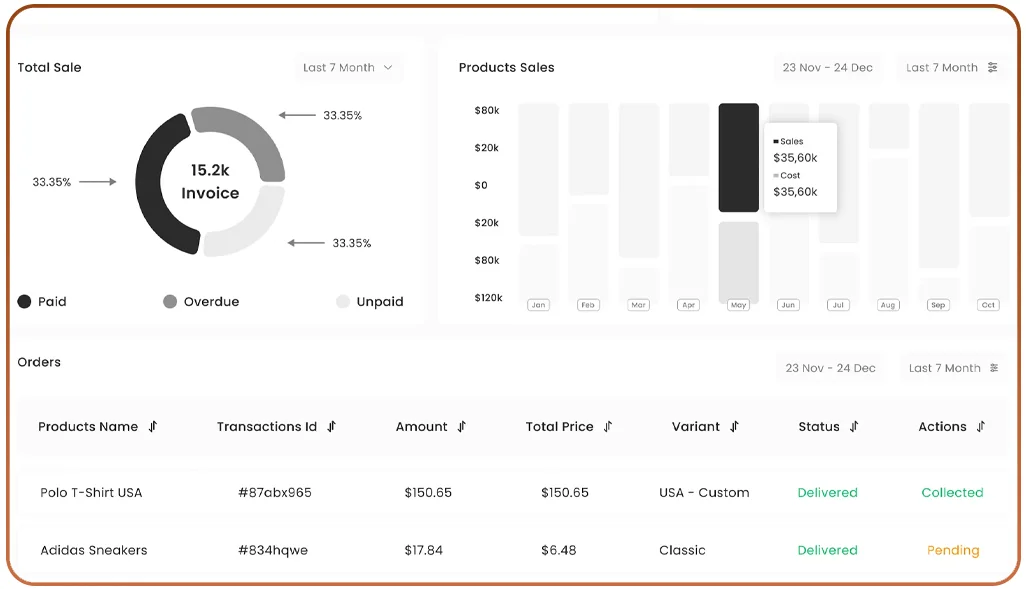
As AI and automation improve, scraping tools will become smarter and more self-healing.
We expect broader adoption of:
- Machine Learning to detect layout changes
- NLP to classify and categorize scraped data
- Cloud-based scraping orchestration
- API-first quick commerce platforms
The market’s future depends on how brands can use Quick Commerce Data Extraction to track competitors, predict consumer behavior, manage logistics, and enhance supply chain intelligence.
How Web Data Crawler Can Help You?

We specialize in helping UK-based businesses and global FMCG brands unlock the power of Grocery Data Scraping Solutions. Whether you’re trying to monitor competitor prices, track product launches, or perform brand visibility audits, we can build you a tailor-made data extraction pipeline.
Here’s what we offer:
- Custom-built scraping bots for Blinkit, Zepto, Instamart, and more.
- Real-time data pipelines with automatic retries and anti-ban systems.
- Legally compliant scraping that respects platforms’ policies.
- Data delivered in ready-to-use formats (CSV, Excel, JSON, etc.).
- Scalable cloud infrastructure to process millions of data points.
Through advanced Quick Commerce Scraping API integrations, our services provide continuous access to valuable FMCG Pricing Data From UK Platforms, helping you stay competitive and informed.
Conclusion
As the UK’s quick commerce ecosystem evolves, FMCG businesses must adapt quickly by turning unstructured product listings into actionable data. Choosing the right strategy to Scrape FMCG Data From Quick Commerce platforms ensures you stay ahead of pricing shifts, inventory trends, and competitor activity.
We offer fully customized solutions to help brands Scrape Retail Product Data In UK markets from platforms like Blinkit, Zepto, and Instamart. Our team delivers reliable, compliant, structured datasets through powerful Quick Commerce API Data Scraping Tracks Blinkit, Zepto & Instamart workflows, giving your business the edge it needs to succeed in a fast-moving retail landscape.
Ready to take the next step? Contact Web Data Crawler today to discuss your project needs and explore how we can build a tailored FMCG data extraction solution.